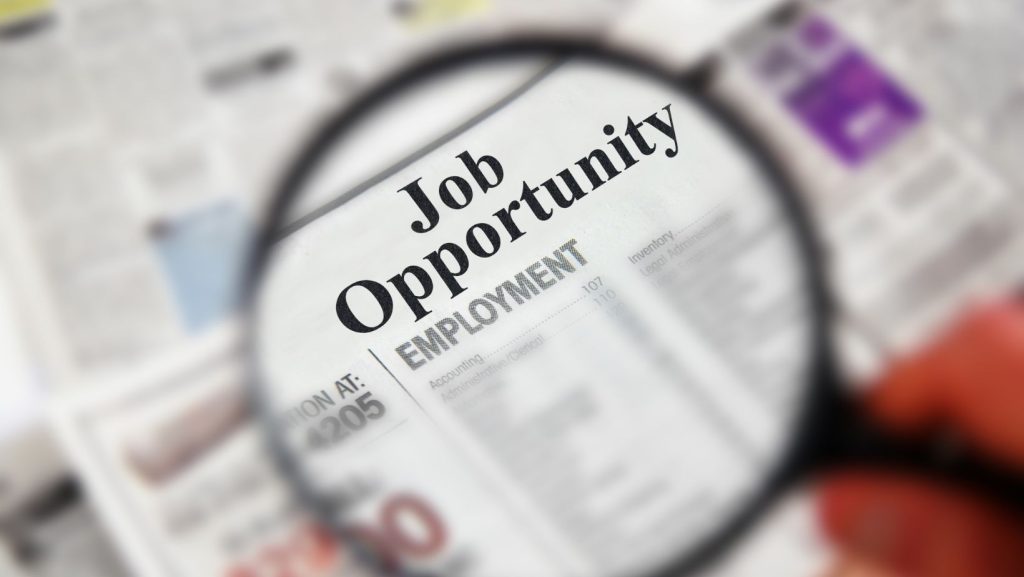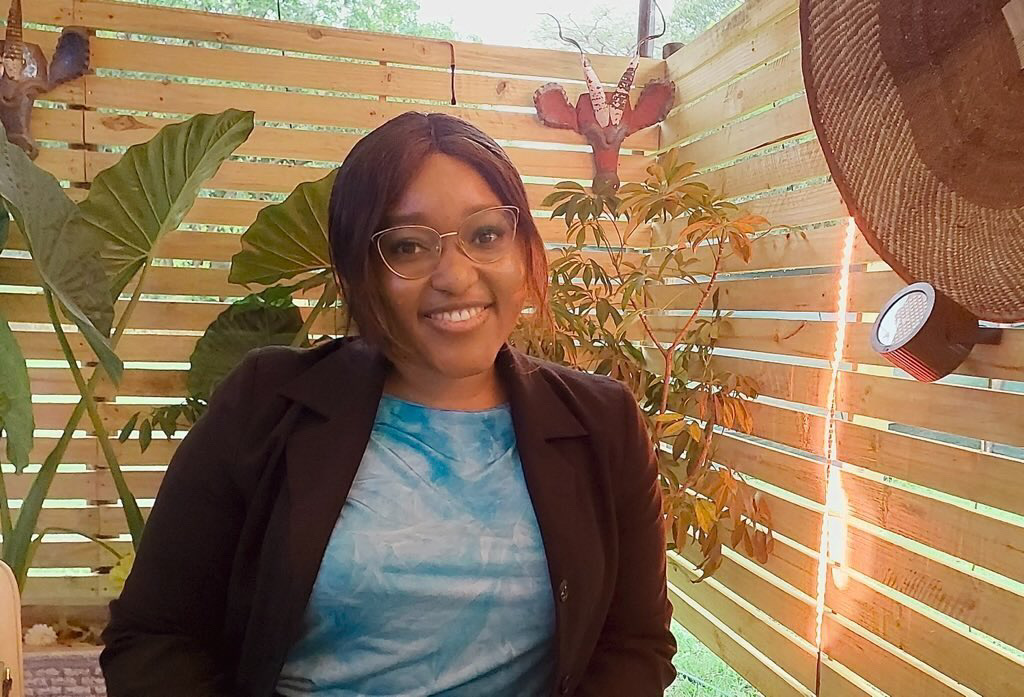As you prepare for your next interview, you may be considering which questions the employer is going to ask you. While there’s no way to know for sure what topics will be covered, there are several popular interview questions you can expect to be asked. When you apply for a job, there’s a good chance many of your skills and personality traits overlap with other candidates who have applied for the same role. It is important to set yourself apart by answering the interviewer’s questions impressively.
Tell me a little about yourself?
When answering this question, it is important to:
- Try to cover your accomplishment in your answer.
- Talk about the work or project that resembles the requirement of the position.
- Mention what led you to this point in your career and why the job is the perfect match for you.
- Don’t narrate anything personal.
- End your answer by telling them you want the position and why.
- Use selective terminology in your answer like problem-solving, innovative, fast-paced, creative, and so on.
- Don’t speak the same thing that is already mentioned in your CV.
- Don’t counter-question your interviewer by saying – “What do you want to know?”
Here is an example of an appropriate response.
As a technical project manager, I have more than six years of experience at top Wall Street Companies. In a recent company, I led the development of an award-winning new trading platform. I am a person that survives in a fast-paced environment. Now, I am looking for a chance to apply my technical expertise and my creative problem-solving skills at an innovative software company like this one.

Why do you want to work for this company?
To answer this question correctly you will need to:
- Conduct thorough research of the company and company’s top executive before facing interview.
- Learn about the company’s vision and how you can contribute to it.
- As a professional, you should be able to demonstrate your eagerness to work for the company.
- Demonstrate evidence that you understand the employer’s business.
- Mention why you rely on XYZ company for your growth and why it is the best place to utilize your skill and experience for the benefit of the company.
- Demonstrate your belief in the company’s product or service.
Here is an example of an appropriate response.
I would be proud to work for a company like yours with such a long history of leadership in the industry. I have carried out web research and believe that the company’s XYZ products and its future projections are very impressive and promising. The XXX team is the team I would take pride to work with. A place where my skills or background fits perfectly and can be utilized, respectively.
What are your salary expectations?
- Interviewers ask this question to make sure your expectations are in line with the amount they’ve budgeted for the role. If you give a salary range exceedingly lower or higher than the market value of the position, it gives the impression that you don’t know your worth. Research the typical compensation range for the role online on websites such as IPC PayGenius and tend toward the higher side of your range. Be sure to let the hiring manager know if you’re flexible with your rate.
- Provide a range. If you don’t feel comfortable providing a single number, you may choose to offer a range instead.
- Include negotiation options. In addition to your salary, there may be other benefits, perks, or forms of compensation you consider just as valuable. Including these as possible opportunities for negotiation is an option, too.
What makes you unique?
- Employers often ask this question to identify why you might be more qualified than other candidates they’re interviewing. To answer, focus on why hiring you would benefit the employer. Since you don’t know the other applicants, it can be challenging to think about your answer concerning them.
- Consider what the employer may find valuable.
Employers want candidates who will bring a perspective, skill set, or ability that will help them achieve business goals. Take time to carefully review the job description and look for information about specific objectives the employer is hoping the new employee will meet, then identify the strengths you possess that align with these needs. - Look at your background and previous experiences.
Think back on times you were successful in previous positions or times you were praised or rewarded by your employer. What did you do to earn recognition? What traits, skills, or abilities helped you achieve success? Whatever you accomplished is likely something other employers would also appreciate in a new employee. - Acknowledge your most popular personality traits.
Consider strengths highlighted by previous employees and traits your friends and family have celebrated. Then, look for ways you could apply these aspects of your personality to excel in the job.
Here is an example of an appropriate response.
“What makes me unique is my ability to easily empathize with and relate to people. This skill helped me in my previous role as an account executive in charge of prospecting new accounts. Because I was able to quickly identify and understand their pain points and challenges, I was able to establish trust and build relationships—both of which drove me to consistently exceed my quota.”

Why should we hire you?
This is a question that can set you apart from other candidates. You should:
- Emphasize on your uniqueness but keep it concise.
- Highlight your strength, skills, and accomplishments.
- Give an example that describes you as a quick learner.
- State or provide some evidence that shows how you contributed to the growth of the previous company in terms of revenue, goodwill, and brand.
- Include the research you made on the company.
Here is an example of an appropriate response.
I am quite aware of the company’s mission of acquiring the largest consumer base in the area to become the front-runner in the supplier’s or provider’s community. My domain knowledge and hold over the customer base can make a big contribution towards this. I would enjoy this challenge of growing this business bigger.
Why are you leaving your current job?
There are many reasons for leaving a job. Prepare a thoughtful answer that will give your interviewer confidence that you’re being deliberate about this job change. Instead of focusing on the negative aspects of your current or previous role, focus on the future and your skills and what you hope to gain in your next position. Connect your answer to the job. The candidate then moves on to explain why the position they’re interviewing for is the right fit for their next career move:
Here is an example of an appropriate response.
“I’ve been refining my project management skills with volunteer opportunities and side projects with other teams, and I received my PMP last quarter, and I want to put my new-found skills to use and I feel as if I will have that opportunity here”.
Can you tell me about a difficult work situation and how you overcame it?
This question is a behavioral type of question often used to assess how well you perform under pressure as well as your problem-solving abilities. Keep in mind stories are more memorable than facts and figures, so strive to “show” instead of “tell.” This is also an excellent opportunity to show your human side and how you’re willing to go the extra mile without being asked.
You can use the STAR interview method to prepare for behavioral interviews—a technique that helps you structure your response to behavioral interview questions. Using this method, you create a deliberate story arc that your interviewer can easily follow. Here’s how it works:
- Situation: What is the context of your story? In setting the situation, you are telling your listener when or where this event took place. For example, “We were working on a six-month contract for a high-value client when our agency merged with another, larger firm…”
- Task: What was your role in this situation? For example, “It was my role to lead the transition for my group while also communicating with our client to keep the project on track.”
- Action: What did you do? For example, “I set up weekly check-ins with the client to update them on the progress of the merger. This cemented an important level of trust between us. I also had regular one-on-ones with each person on the team, both to assess how they were handling the change and to make sure we would meet our deadlines.”
- Result: What did your actions lead to? For example, “We ended up completing the project on time, meeting all their specifications. It was incredibly rewarding to navigate a lot of change and succeed under pressure.”
What are your greatest strengths?
This question allows you to talk about both your technical and soft skills. To answer, share qualities and personal attributes and then relate them to the role for which you’re interviewing.
Here is an example of an appropriate response.
“I’m a natural problem-solver. I find it rewarding to dig deep and uncover solutions to challenges—it’s like solving a puzzle. It’s something I’ve always excelled at, and something I enjoy.”

What are your greatest weaknesses?
However, when answered correctly, sharing your weaknesses can show that you are self-aware and want to continuously get better at your job—traits that are extremely attractive to many employers. Remember to start with the weakness and then discuss the measures you’ve taken to improve.
Here is an example of an appropriate response.
“Earlier in my career, I noticed that because I was so enthusiastic about my work, I tended to say ‘yes’ when I should have been saying ‘no.’ At one point I ended up so overwhelmed by my workload, taking on so many projects, that I was working evenings and weekends. It was stressful, and that stress affected my production quality. I realized this was counterproductive, so I started using workload management tools to set better expectations for myself and my teammates.”
Do you have any questions?
This might be one of the most important questions asked during the interview process because it allows you to explore any subject that hasn’t been addressed and shows the interviewer, you’re excited about the role.
Types of questions to ask;
- About the job
- About the company
- About your qualifications
- About the next steps
I hope this article will help you ace your next job interview.
